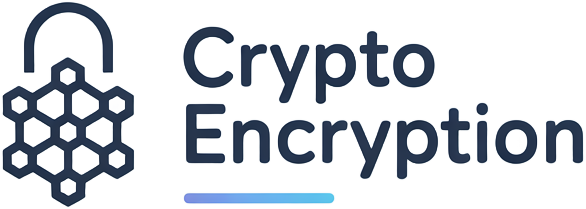
DeFi’s transparency is a double-edged sword: while it fuels trust and auditability, it also exposes every transaction, balance, and contract interaction on-chain. This visibility creates a breeding ground for front-running bots, data harvesting, and privacy breaches. Enter confidential smart contracts – blockchain privacy solutions that finally let users transact, invest, and build with their sensitive data shielded from prying eyes.
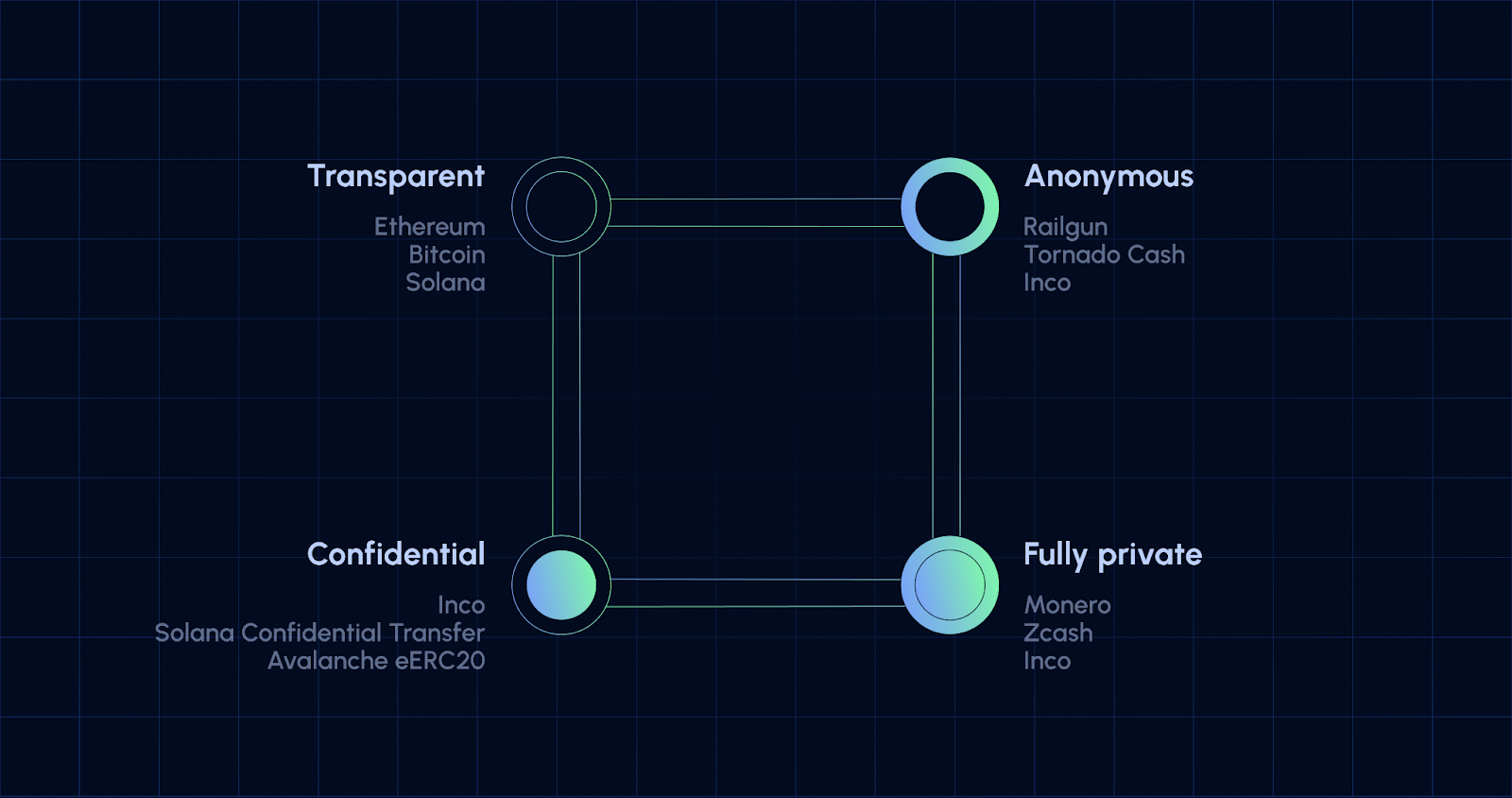
The Cryptography Powering Private DeFi Transactions
Confidential smart contracts rely on a blend of cutting-edge cryptographic techniques to keep transactions private without sacrificing the verifiability that makes DeFi secure. Here’s how the top technologies stack up:
Core Technologies Powering Confidential DeFi
-

Trusted Execution Environments (TEEs): Secure hardware enclaves that isolate and protect smart contract execution from the rest of the system.
-
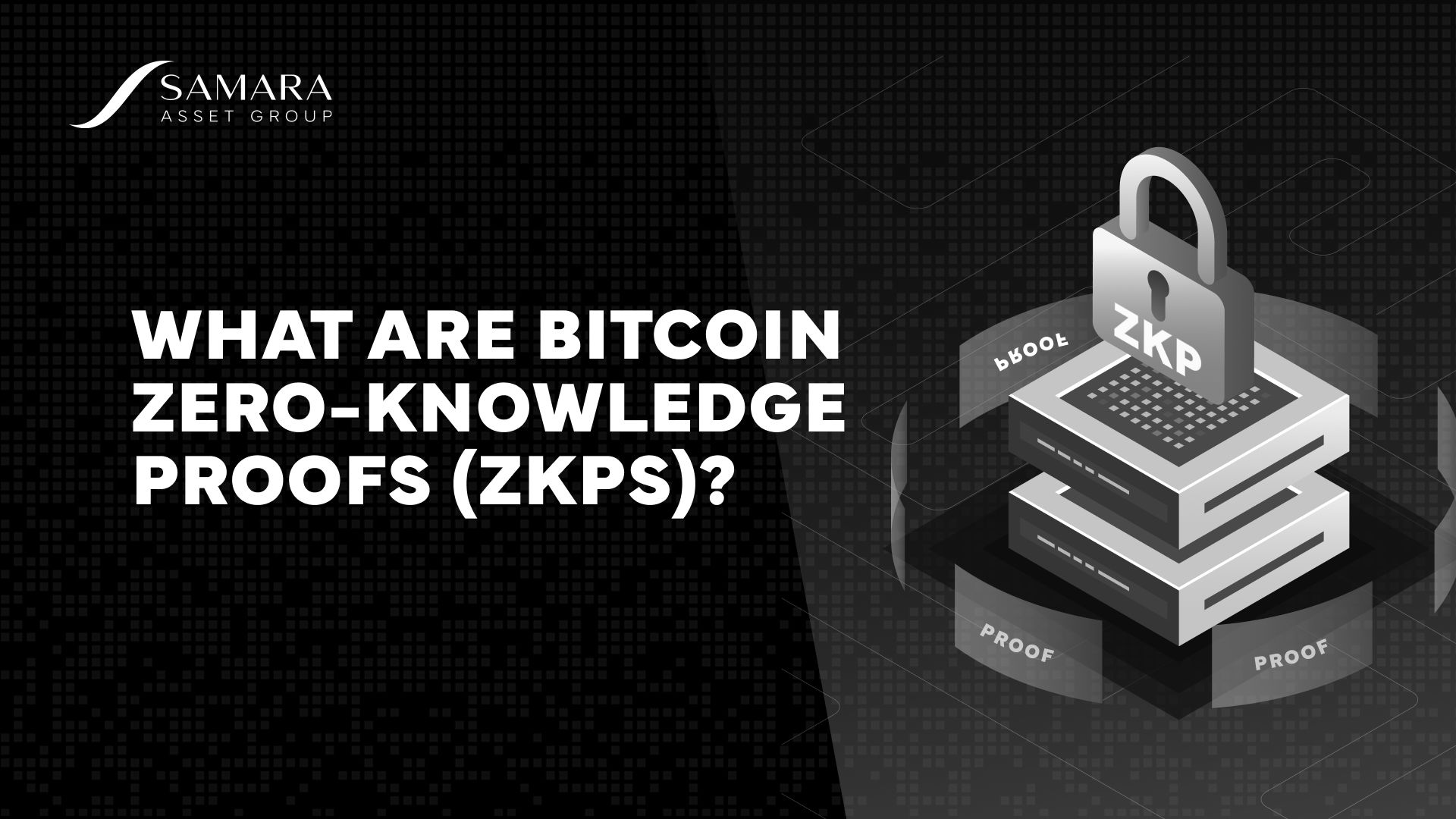
Zero-Knowledge Proofs (ZKPs): Cryptographic proofs that verify transactions without revealing underlying data, ensuring privacy.
-
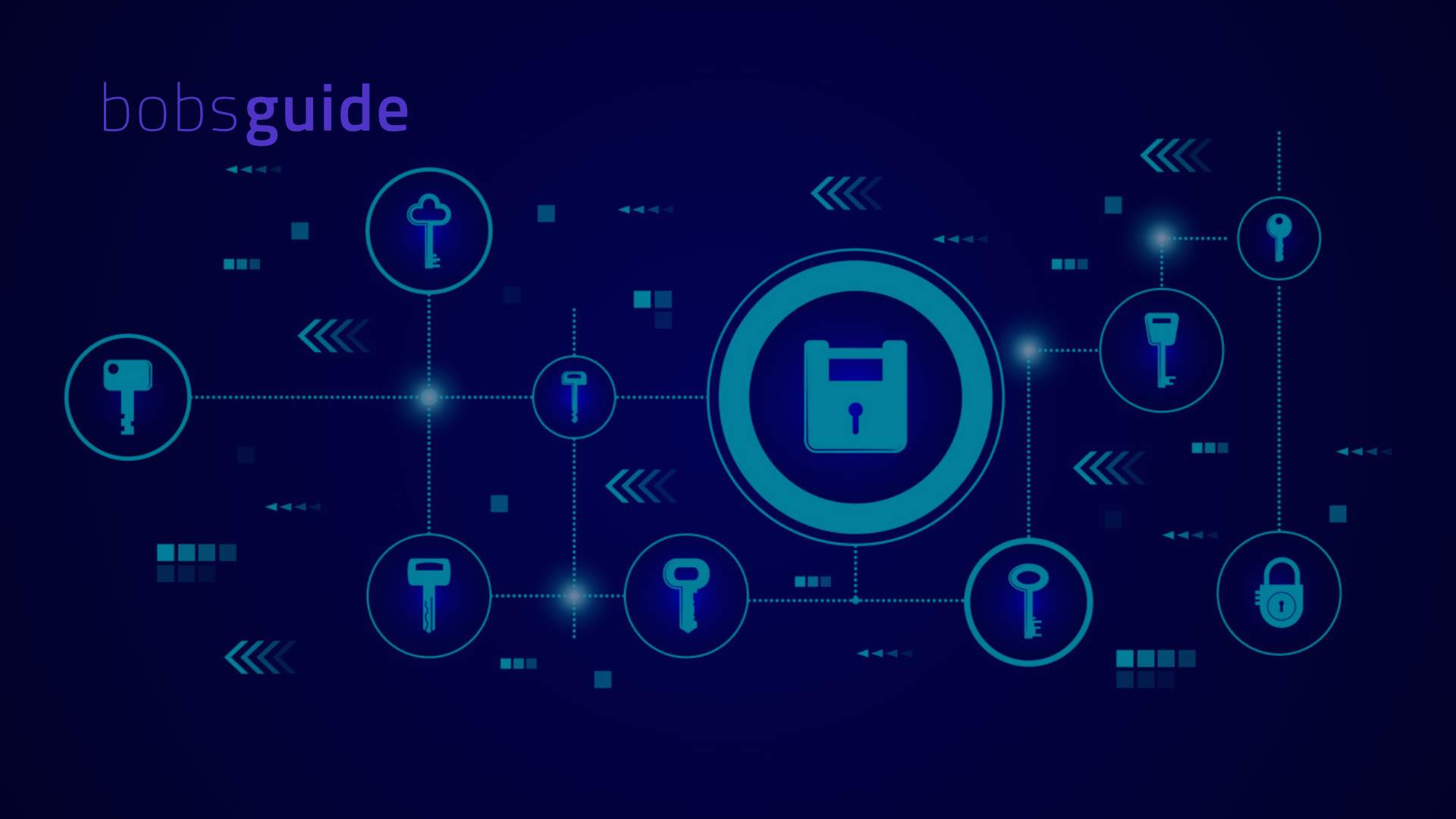
Fully Homomorphic Encryption (FHE): Enables computations on encrypted data, keeping sensitive information private even during processing.
Trusted Execution Environments (TEEs) create isolated enclaves inside processors where code executes out of reach from the rest of the system. When a smart contract runs inside a TEE, even node operators can’t see the data being processed. This is foundational for privacy-preserving dApps and secure oracles – as highlighted in recent research.
Zero-Knowledge Proofs (ZKPs) let users prove facts about their transaction (like validity or eligibility) without revealing any underlying details. In DeFi, ZKPs mean you can verify a swap happened correctly without knowing what or how much was swapped – a leap forward for both privacy and compliance.
Fully Homomorphic Encryption (FHE) is the holy grail: it allows computations directly on encrypted data. Imagine running an entire lending protocol where collateral amounts never appear on-chain in plaintext. The Zama Confidential Blockchain Protocol brings FHE to Solidity developers across any L1 or L2.
Pioneering Implementations in Action
The theory is powerful – but real-world deployments are what matter for builders and enterprises seeking robust encrypted smart contracts today.
- Zama’s Confidential Blockchain Protocol: FHE-powered confidential contracts on any EVM chain; write in Solidity with no deep cryptography knowledge required (source)
- Secret Network: “Secret Contracts” default to user data privacy, protecting against front-running bots and leaks (source)
- Cloak Framework: Combines TEEs and secure multi-party computation for public verifiability plus Byzantine resistance (source)
The Security-Privacy Balance: How Confidential Contracts Stay Verifiable
A common misconception is that privacy means less security or transparency. In reality, modern confidential smart contracts are engineered so that every transaction remains publicly verifiable, even if its details stay encrypted. For example:
- ZKPs ensure only valid transactions are accepted without leaking user data.
- Tamper-proof TEEs guarantee contract logic executes exactly as coded.
- FHE outputs can be recomputed by anyone to check correctness, no trust required.
This approach helps DeFi protocols maintain regulatory alignment while giving users ironclad privacy guarantees, a win-win for adoption and security-conscious institutions alike.
Top Benefits of Confidential Smart Contracts in DeFi
-
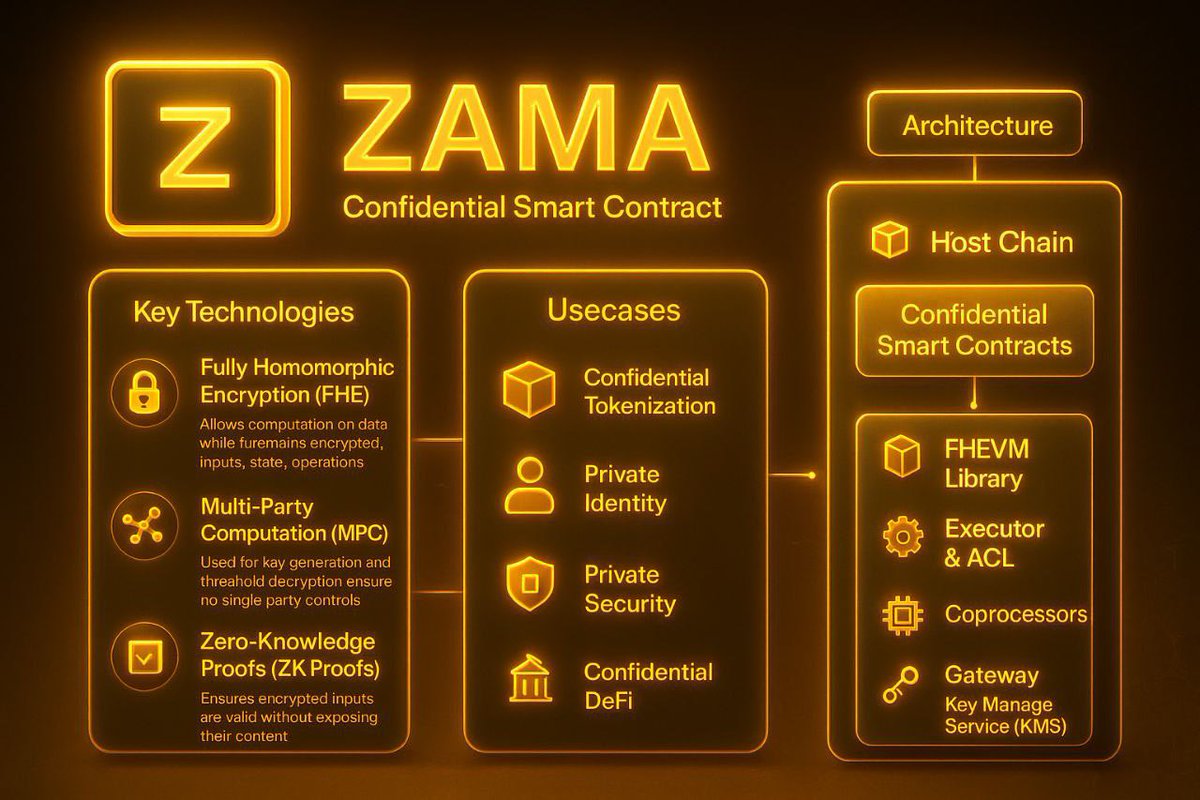
Enhanced Transaction Privacy: Confidential smart contracts shield sensitive financial data, protecting users from front-running and unauthorized access.
-

Robust Security with Advanced Cryptography: Technologies like Trusted Execution Environments (TEEs), Zero-Knowledge Proofs (ZKPs), and Fully Homomorphic Encryption (FHE) ensure contract execution remains confidential and verifiable.
-
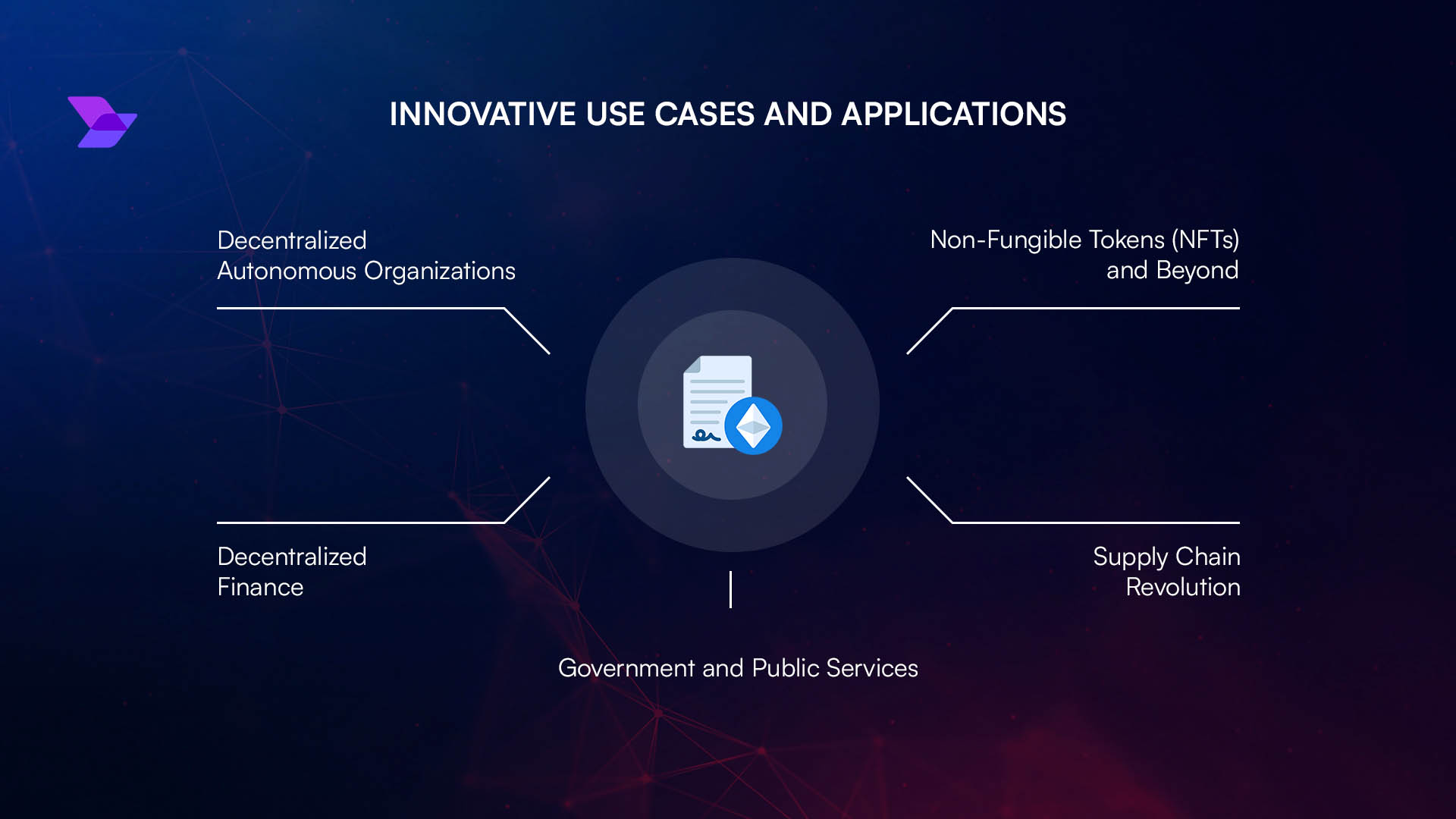
Public Verifiability: Despite privacy protections, transactions remain auditable—anyone can verify contract operations without accessing private data, maintaining DeFi transparency.
-
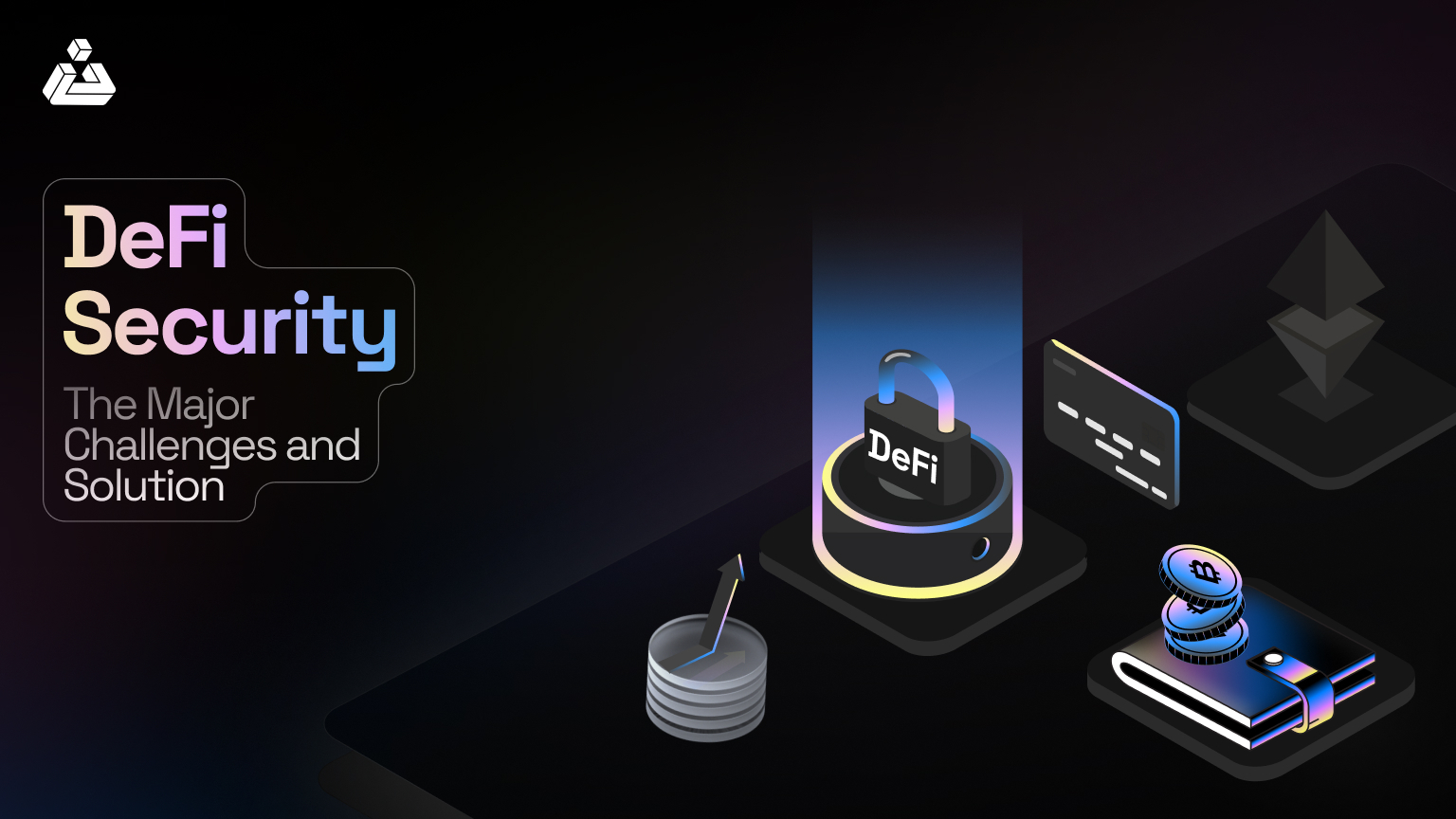
Regulatory Compliance Support: By safeguarding user data, confidential smart contracts help DeFi platforms align with evolving data protection regulations and build user trust.
-
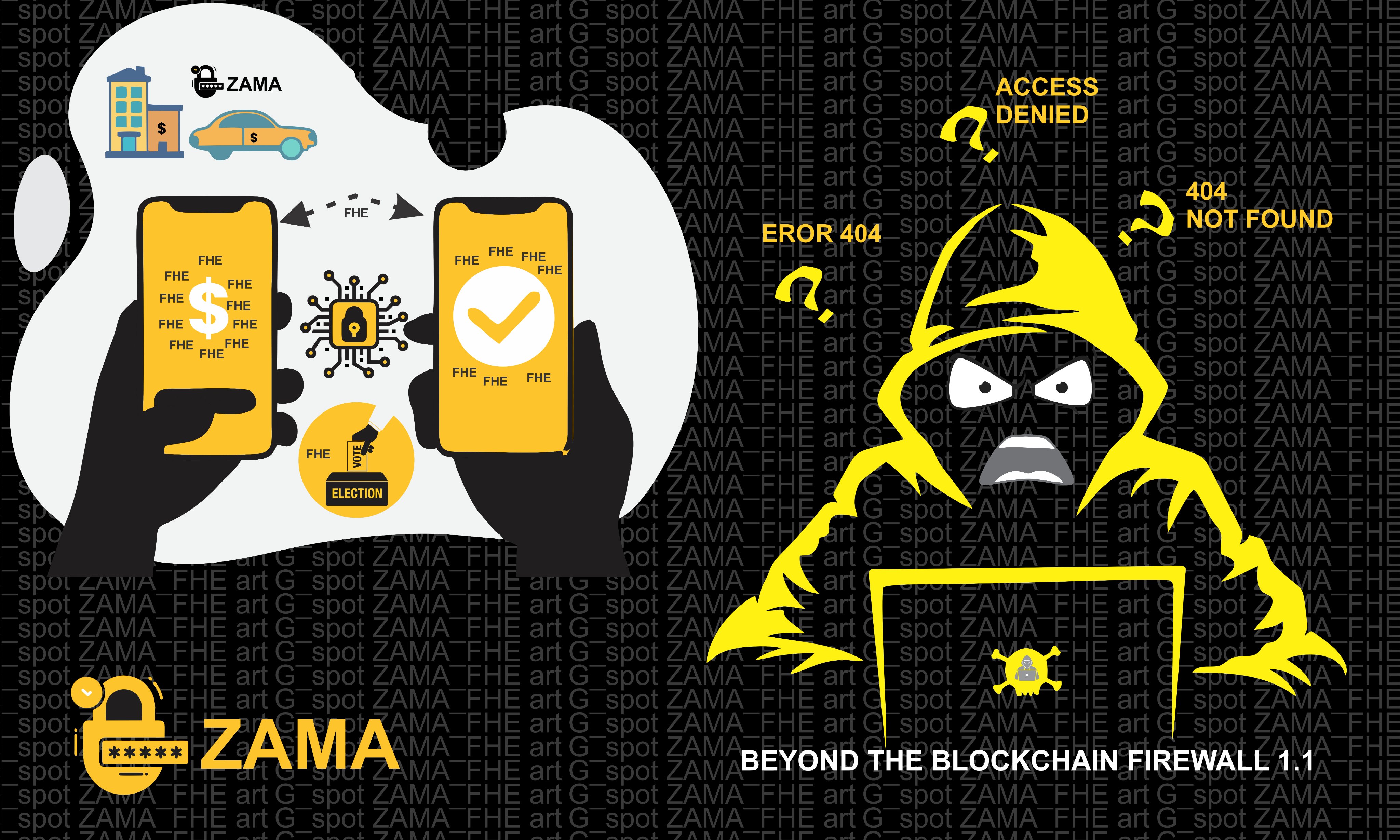
Broader Use Cases: Confidential smart contracts unlock new DeFi applications like private auctions, confidential lending, and secure on-chain governance, as seen with platforms like Secret Network and Zama.
Adoption is accelerating as privacy-preserving dApps unlock new use cases that were previously impossible or too risky on transparent ledgers. From confidential lending pools to private auctions and sealed-bid governance, the DeFi landscape is rapidly evolving to embrace encrypted smart contracts as a core primitive.
Why does this matter for the future of finance? Because true financial sovereignty means more than self-custody, it demands control over what you reveal, when, and to whom. Confidential smart contracts empower users to participate in complex protocols without exposing their strategies, holdings, or identities to the world.
Real-World Impact: Confidential Contracts in Production
Leading protocols are already demonstrating how these privacy layers can coexist with DeFi’s open ethos:
- Private lending platforms let institutions borrow against collateral without revealing positions to competitors.
- Confidential swaps protect liquidity providers from front-running while preserving price discovery.
- On-chain KYC enables compliance checks using ZKPs, proving eligibility without doxxing user data.
Which privacy technology are you most excited about for DeFi?
Confidential smart contracts are transforming DeFi by enabling private transactions without sacrificing security. From TEEs and ZKPs to FHE and MPC, each technology brings unique strengths to privacy and security. Which one do you think will have the biggest impact?
This shift isn’t just theoretical. Protocols like Secret Network and Zama’s FHE-powered solutions are live today, giving developers plug-and-play tools for building privacy-preserving dApps that are both scalable and user-friendly. As these frameworks mature, expect exponential growth in applications ranging from private insurance pools to encrypted NFT marketplaces.
What’s Next for Blockchain Privacy Solutions?
The next frontier is seamless composability, where confidential smart contracts interact with public ones without breaking privacy guarantees. Imagine a world where your private transaction can trigger a public event or vice versa, all while maintaining airtight confidentiality. This vision relies on ongoing breakthroughs in cryptography and secure hardware integration.
Top Trends Shaping Private DeFi Transactions
-

Adoption of Trusted Execution Environments (TEEs): TEEs like Intel SGX are being integrated to execute smart contracts in isolated, secure environments, ensuring transaction confidentiality and data integrity in DeFi applications.
-
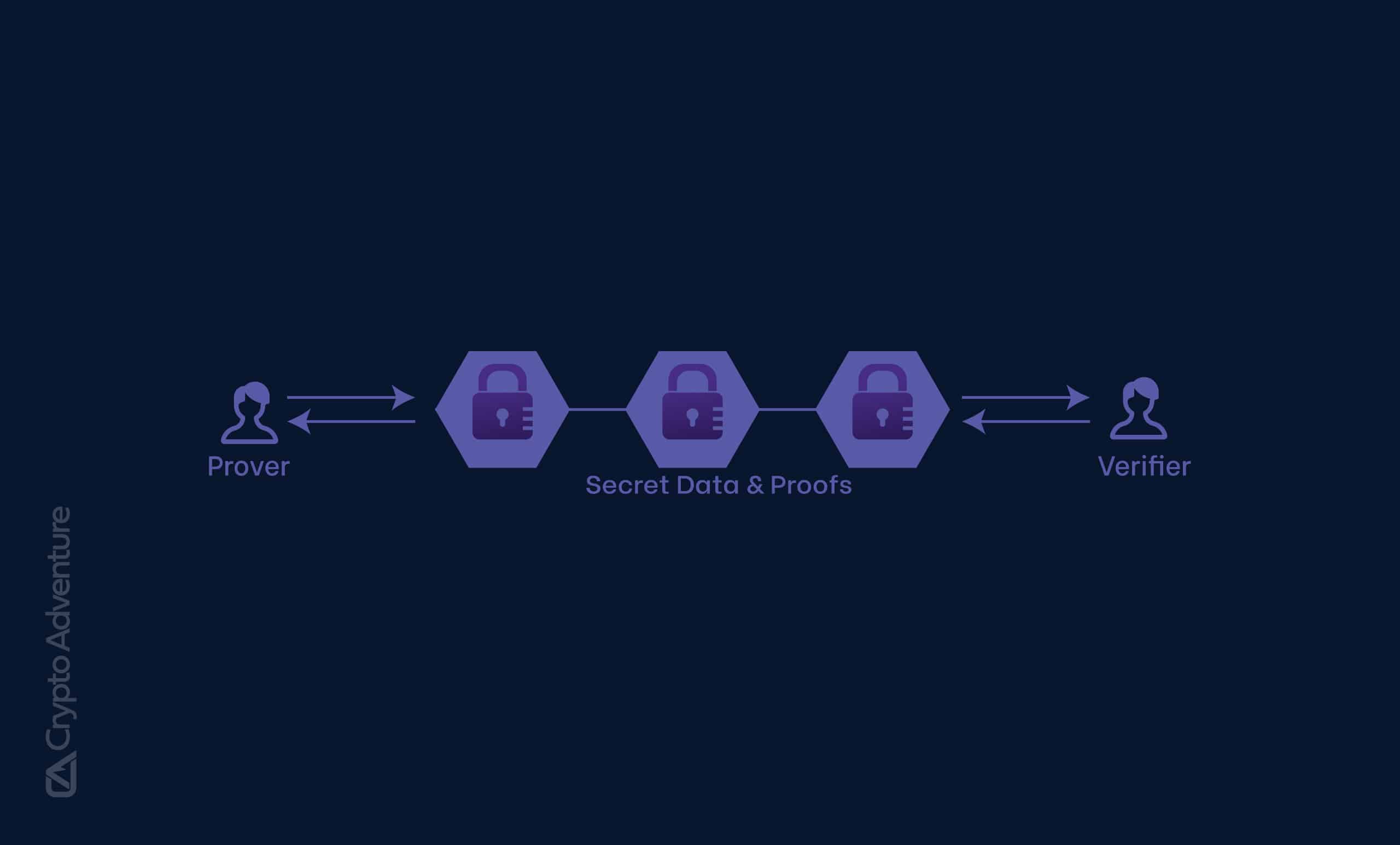
Rise of Zero-Knowledge Proofs (ZKPs): ZKPs such as zk-SNARKs and zk-STARKs enable transaction validation without revealing sensitive details, powering privacy-focused DeFi protocols and reducing front-running risks.
-

Breakthroughs in Fully Homomorphic Encryption (FHE): Platforms like Zama Confidential Blockchain Protocol use FHE to allow computations on encrypted data, enabling confidential smart contracts across any blockchain.
-

Growth of Privacy-First Networks: Secret Network leads with Secret Contracts that keep user data private by default, protecting against data leaks and front-running in DeFi.
-
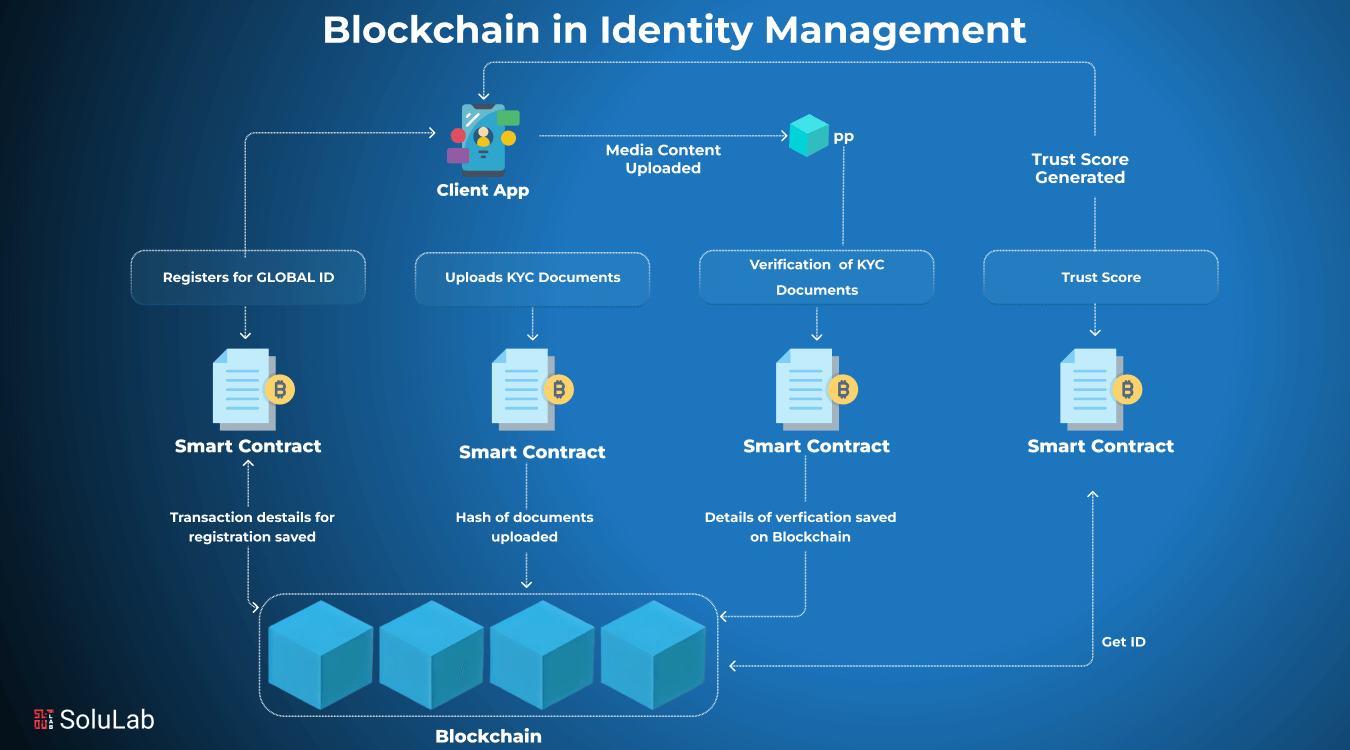
Emergence of Multi-Party Computation (MPC) Frameworks: Solutions like the Cloak Framework combine TEEs and MPC to enable secure, verifiable multi-party transactions on existing blockchains.
-

Focus on Regulatory Compliance and Data Protection: Confidential smart contracts help DeFi platforms align with global data privacy regulations, fostering trust among users and regulators.
The pressure is also mounting for regulatory clarity around encrypted smart contracts. As privacy tech becomes mainstream, expect closer collaboration between builders and policymakers to ensure that privacy-preserving dApps stay compliant while protecting user rights at scale.
Final Takeaway: Privacy Is Now Table Stakes
The age of fully transparent blockchains is fading as users demand more control over their digital footprint. Confidential smart contracts represent a paradigm shift, enabling verifiable confidential transactions that don’t compromise security or usability. For anyone serious about the next wave of decentralized finance, mastering these tools isn’t optional; it’s essential.
